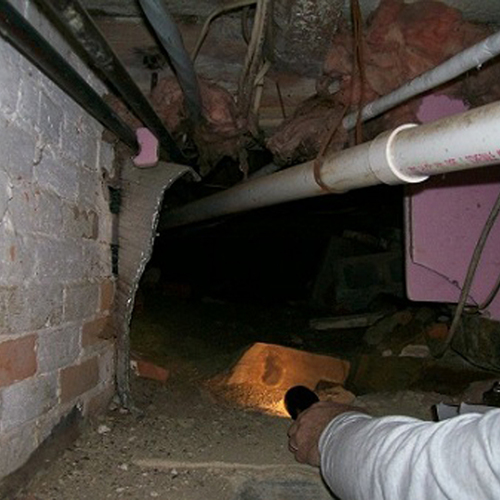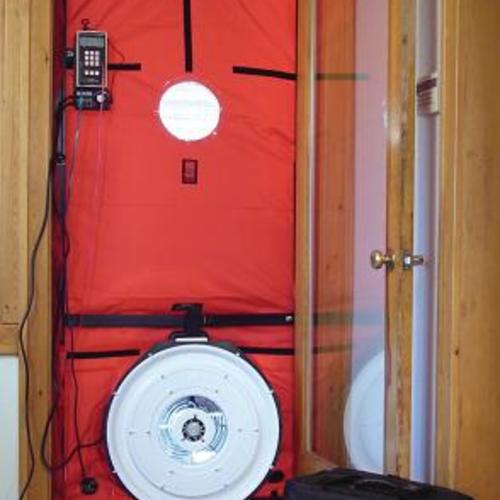
Image Credit: Ross Tedter
Sellers of single-family detached homes that are 10 or more years old and served by Austin Energy will need to have an energy audit of their property
Lots of information changes hands when houses are bought and sold. Sellers disclose information about the houses they sell that might affect the listed property’s value or intended use. Prospective buyers pay building inspectors to evaluate the property’s structural soundness and illuminate existing or potential safety problems.
And now one famous city in Texas, Austin, is adding another bit of data that many sellers will have to deliver to prospective homebuyers: an energy audit.
Required by a city ordinance scheduled to take effect June 1, the audits are part of an initiative by Austin’s mayor, Will Wynn, to reduce the town’s carbon footprint. A story posted by the Austin American-Statesman notes that the goal of a resolution accompanying the ordinance, which the city council passed in November, is to have 25% of homes sold between June 2009 and June 2010 receive energy efficiency upgrades.
The ordinance applies only to homes that are 10 or more years old and are served by Austin Energy, a local utility, although that is a very big chunk of the Austin market. Audits are to be done only by auditors who are certified by the Building Performance Institute, and likely will cost sellers from $200 to $300.
Sellers must provide a copy of the report to buyers. The auditors are required to provide a copy of their report to Austin Energy within 30 days.
A utility as green advocate
City-owned, Austin Energy has long been leading attempts to shape city policy for the greener good through Austin Energy Green Building, a program that develops energy code proposals and nudges homeowners, builders, and remodelers toward energy efficiency through a combination of ratings services, resources (including a case-study library), contact information, and rebates and loans.
As noted in a recent EcoHome magazine story, the program also is the lead-in to what is known as the Zero Energy Capable Homes initiative, which calls for all Austin homes, by 2015, to use 65% less energy than houses built to code in 2006.
Austin Energy offers rebates or zero percent loans for energy upgrades. The American-Statesman story points out that in the past five years 23,800 residential customers have made improvements that collectively reduced their energy use by 38 million kWh and saved a total of $3 million on their energy bills, according to the utility. Homes that have had made certain improvements under Austin Energy programs within the past 10 years are exempt from the audit requirement.
Resistance to the requirement appears to be vocal but so far largely ineffectual, in part because the ordinance, which is designed to encourage sellers and/or buyers to make energy efficiency improvements, doesn’t require them to actually make the improvements.
An amendment is being considered by a conference committee in the state legislature that would strip the ordinance of its power to levy a fine of as much as $500 on sellers who fail to perform an energy audit. But should it pass, the amendment may be more of a political trophy for its proponents than a truly effective counterpunch to the audit requirement, especially because buyers who have come to expect energy audit information will wonder what sellers are trying to hide if the audit info is not provided.
Weekly Newsletter
Get building science and energy efficiency advice, plus special offers, in your inbox.















0 Comments
Log in or create an account to post a comment.
Sign up Log in